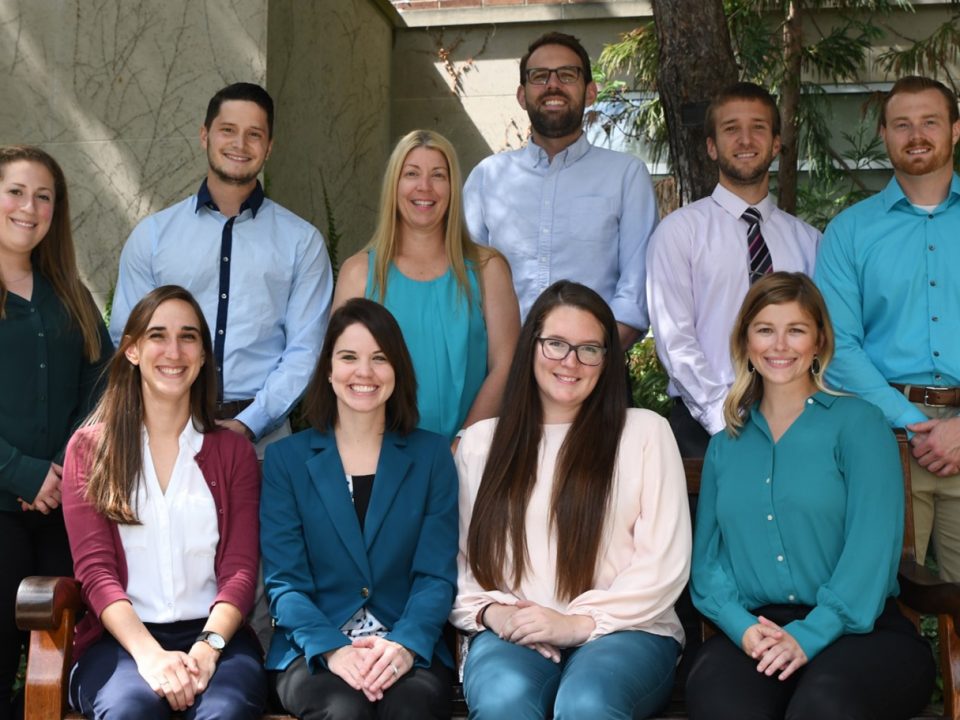- با ما در تماس باشید
- 09308658811
- iranepf@gmail.com
PhD Position (Sheffield Hallam University, England)

M.S. and Ph.D. Program in Kinesiology
۲۷ شهریور ۱۳۹۹
تأثیر تمرینات هوازی بر بیان نسبی ژنهای HNF-4α و G6Pase بافت کبد موشهای صحرایی نر دیابتی نوع ۲ ناشی از نیکوتین آمید- استرپتوزوتوسین
۲۸ بهمن ۱۳۹۹Objective movement analysis to inform safe return to sport in young people
Deadline: October 31, 2020
About the Project
Sheffield Hallam University is inviting applications for this PhD project in the Sport and Physical Activity Research Centre (SPARC), within the Health Research Institute. The project is part of our joint PhD programme with La Trobe University, Melbourne, Australia. Students on the joint PhD programme will be enrolled on a PhD at both institutions, with a supervisory team of academics from each institution. On successful completion, the candidate will be awarded a PhD jointly by both institutions.
This project is based at Sheffield Hallam, with an expectation that the successful candidate will spend up to 9 months at La Trobe during the course of the project.
In anterior cruciate ligament (ACL) injury, meta-analyses highlight that only 55% of patients return to competitive sport after surgical ACL reconstruction. In young people, ACL re-rupture occurs in 23% of cases; this is because proprioception and strength recovery are highly variable. Time-based guidelines (e.g. return to sport 6-9 months post-operation) are inappropriate because movement deficits still exist when return to sport would be advocated. Functional movement screening has been recommended in maturity-specific rehabilitation and multi-factorial test batteries; however, inconsistent findings and low sensitivity have raised concerns for clinical use.
Healthy individuals exhibit stable movement outcomes by exploring their ability to self-organise. Self-organisation reflects the exploration of motor abundance – where multiple movement patterns could provide the same movement outcome – to find a stable movement strategy for a given task. Changes within an individual’s ability to self-organise their movements is linked to movement health. A growing body of evidence indicates that the analysis of within individual movement variability (i.e. variation within repeated movements of the same individual) provides insight into change within complex human movement systems. For example, a lack of movement variability is related to a reduced ability to adapt to movement task demands (e.g. overuse injury), whereas excess movement variability indicates movement system instability (e.g. precursor to acute injury).
This project aims to understand the role of movement variability analyses when determining readiness to return to sport in young people, undergoing rehabilitation for ACL reconstruction. Such understanding would aid the development of objective assessment tools to facilitate safe return to sport. This would have considerable impact for young people in both the short-term maintenance of physical activity, and long-term prevention of knee osteoarthritis.
Funding Notes
This is a competition-funded project. We are inviting applications to a number of different projects, and are offering up to 3 scholarships to the strongest applicants overall. Further information on the scholarships, including funding and eligibility, is available on our website
Link:
https://www.findaphd.com/phds/project/objective-movement-analysis-to-inform-safe-return-to-sport-in-young-people/?p123516


